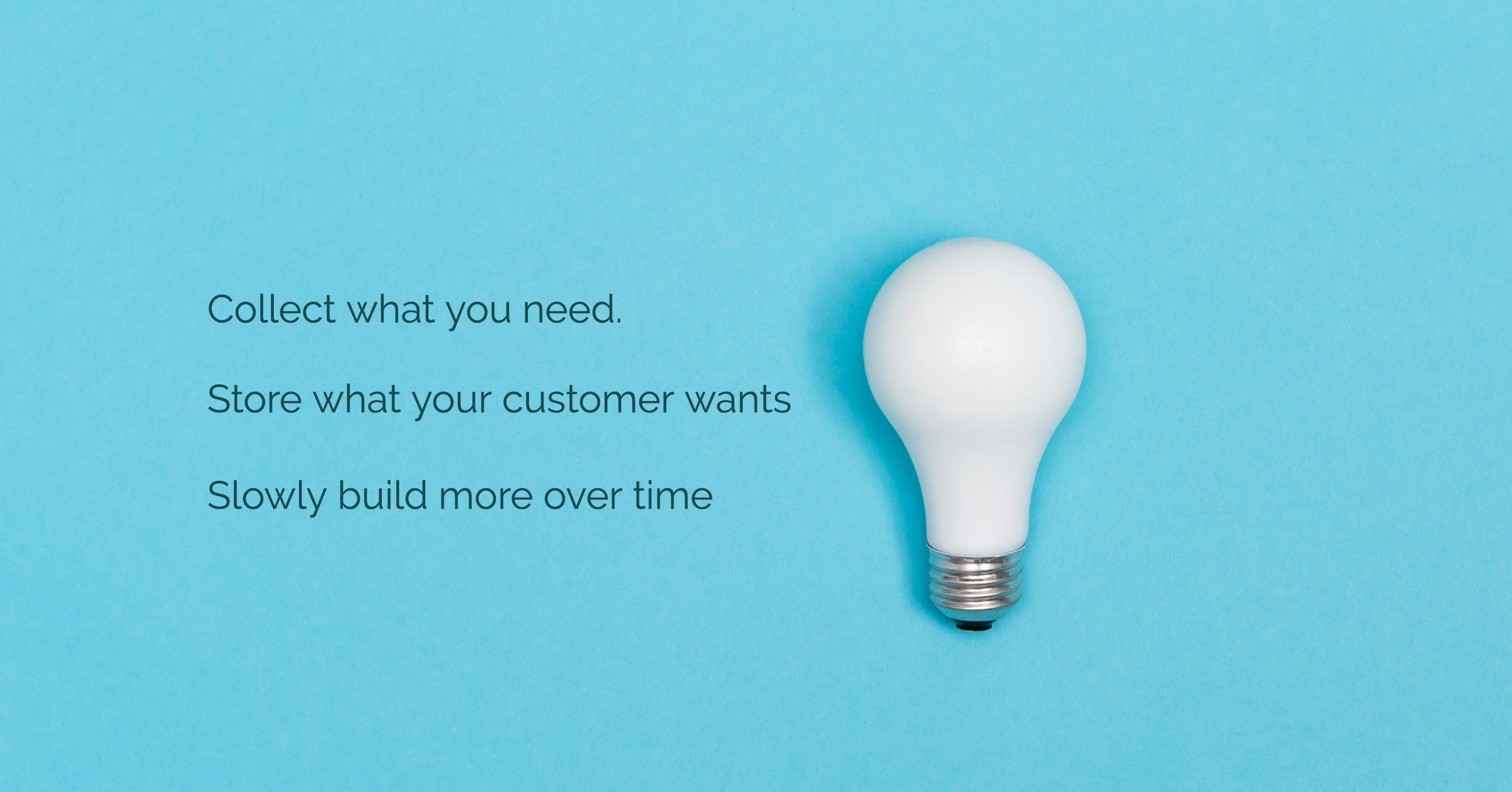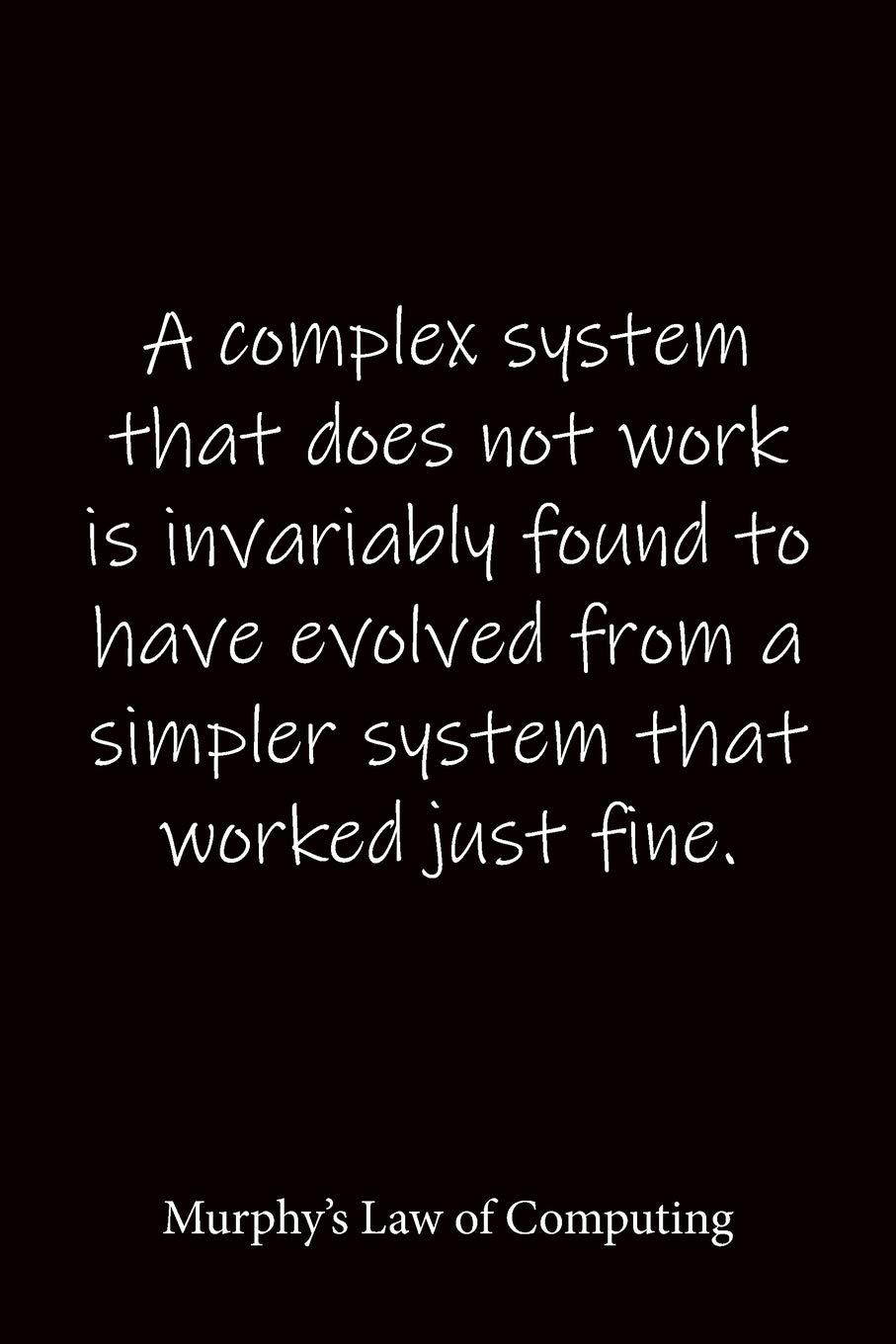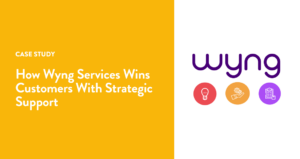This is the second blog in our Customer Data Best Practices Series – here is part 1.
There’s no doubt that data is invaluable across every part of your business. It informs your decision-making. It proves the ROI of your efforts. It helps you understand your customers better.
However, the paradigm of customer data is shifting for 3 reasons
- There are real penalties for misusing data as over 65% of the world will be covered by some privacy laws by the end of 2023 – up from 10% in 2020.
- Existing data sources like third party cookies are going away – fast.
- 76% of customers get frustrated when they don’t find personalized experiences – which require personal data!
But what if the solution to this paradoxical problem was actually simple – focus on less data, not more!
The problem with too much data
For well over the last decade, the name of the marketing game has been to collect as much data as possible now and then figure out what to do with it later. Everything customers search for, click on, share, and look at is collected, stored, and sometimes analyzed – extensively.
Marketers spend billions of dollars collecting this data, millions of hours figuring out how to organize, clean, and analyze it, and then tear our hair out trying to figure out why the ads and campaigns get so little interaction from our target audience.
But data is only as valuable as the actions you take from it — and holding on to your data is unhelpful and becomes a liability with new privacy laws. We have overcomplicated this data-driven marketing process, and it’s time for marketers to rethink how they use data.
Rethinking a complex system
Even with new data protection laws and the demise of third party cookies, it’s still pretty easy to collect customer data. But that is thinking about it wrong! Collecting data you aren’t going to use is just going to waste time and possibly get you in trouble down the road!
So let’s start with data minimalism. The idea is that data is a precious resource, so we should treat it that way.
Simplify the data you gather and how you gather it to build more efficiency and effectiveness into your marketing processes.
- Only gather the data you need. When you’re looking at too many data points, it’s hard to see the forest from the trees—and even harder to make decisions. What are your goals? What results do you hope to see from your ongoing campaigns? Start by identifying the customer data you need to produce valuable results for them. Want to make a product recommendation for a beauty product? Find out what they like or the challenge they are facing. Stop collecting all the periphery data that are fogging up your view of the results of your efforts.
- Only keep the data your customer wants you to. Customers expect personalized experiences — and they’re willing to offer up personal information to get that tailored experience. Research also shows that consumers are more likely to purchase, repurchase, and forgive a brand for any mistakes when they trust a brand. You can build trust by giving customers control of how their data is used and stored.
- Slowly collect more as your relationship grows. The best, most accurate information comes directly from customers themselves. Once you’ve built trust, you can ask your customers for more information that will help you further personalize content and campaigns. More trust means more loyalty – which is the key to long term growth.
Minimizing data collection is a win-win for marketers and customers alike. Focusing on data minimalism allows you to save money and time and build trust because you are transparent with customers.
Our purpose at Wyng is to help brands rebuild trust. This starts with a software platform that marketers can use to collect and use zero-party data to personalize experiences, give customers transparency and control over their profiles, and integrate easily with all of their existing technologies.
Let us know if you want to talk or sign up for a demo!









